The Comma Sutra
A course at Columbia University, School of the Arts
This course aims to convince the skeptic that even if Gertrude Stein was mistaken in saying “I really do not know that anything has ever been more exciting than diagramming sentences,” grammar is at least the second most fulfilling human pursuit.
Fundamental to our exploration is a study of grammatical terminology and laws as an anatomy lab for language—a method for exposing its inner workings, mechanisms, and connective tissues to understand more fully its capacities and effects. This technical scrutiny gives rise to discussion of a variety of topics relevant to creative practices in poetry and prose, including patterns of syntax, parataxis and hypotaxis, the subjunctive, deixis and subjectivity, voice, vernaculars, rhythm, pitch, and tempo. Our analysis of grammar dovetails with theoretical perspectives beyond subject and predicate, drawing insights from ethics, feminist linguistics, race theory, activist politics and aesthetics, and media studies.
We dissect and revel in sentences by Virginia Woolf, Henry James, Marilynne Robinson, Emily Dickinson, William Carlos Williams, Jorie Graham, Claudia Rankine, Taiye Selasi, and Vampire Weekend among other examples, and read essays by Nietzsche, M. NourbeSe Philip, Gloria Anzaldúa, Hélène Cixous, Giorgio Agamben, Lyn Hejinian, and others. Taking the form of a sutra—texts threaded together to build a working manual—the course focuses in every class on how grammatical ideas are vital to writing praxis.


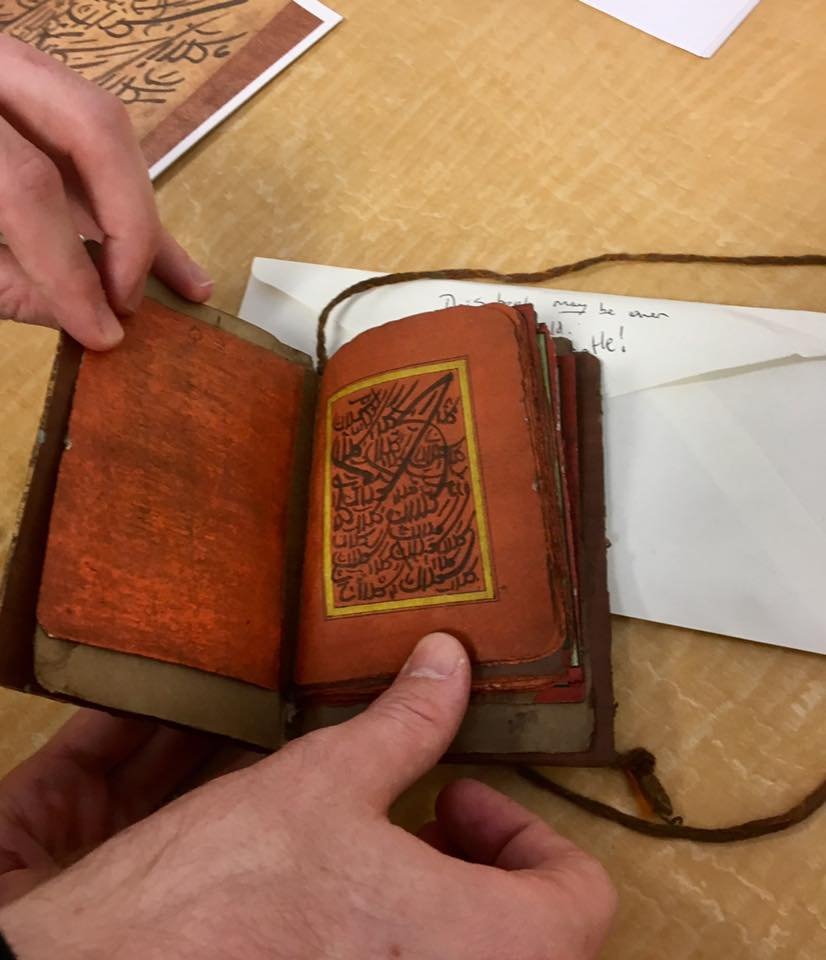
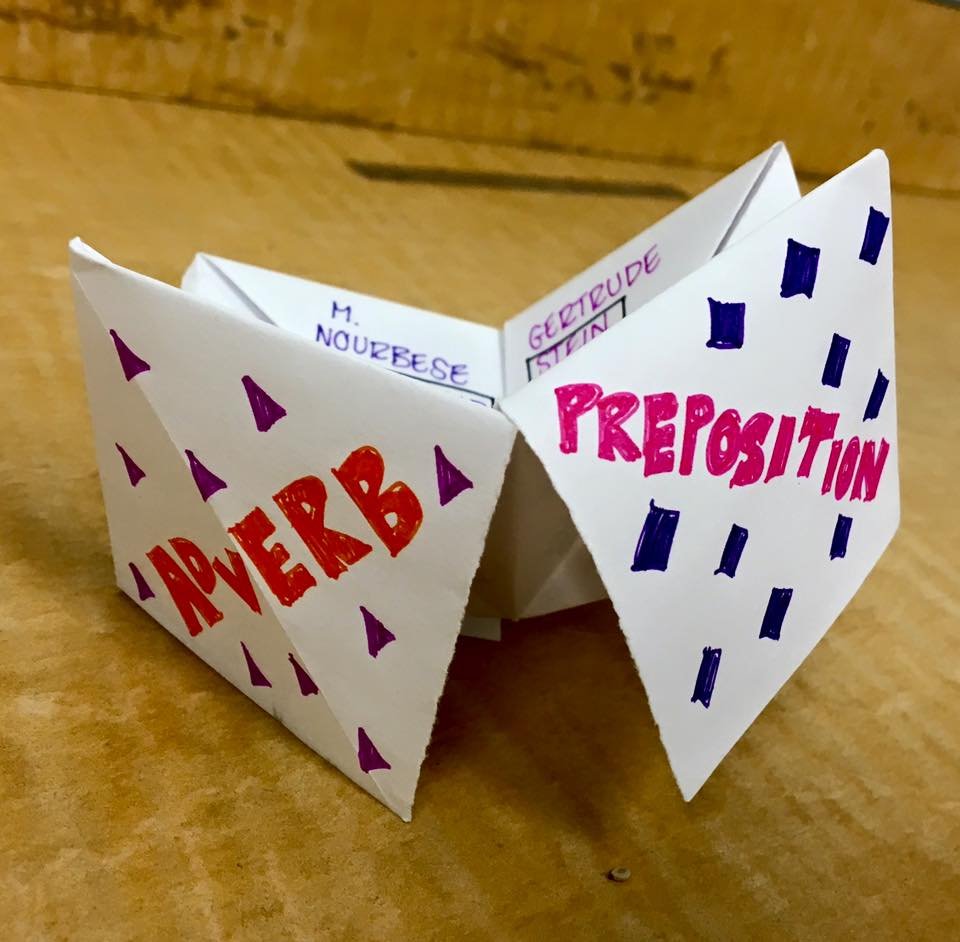

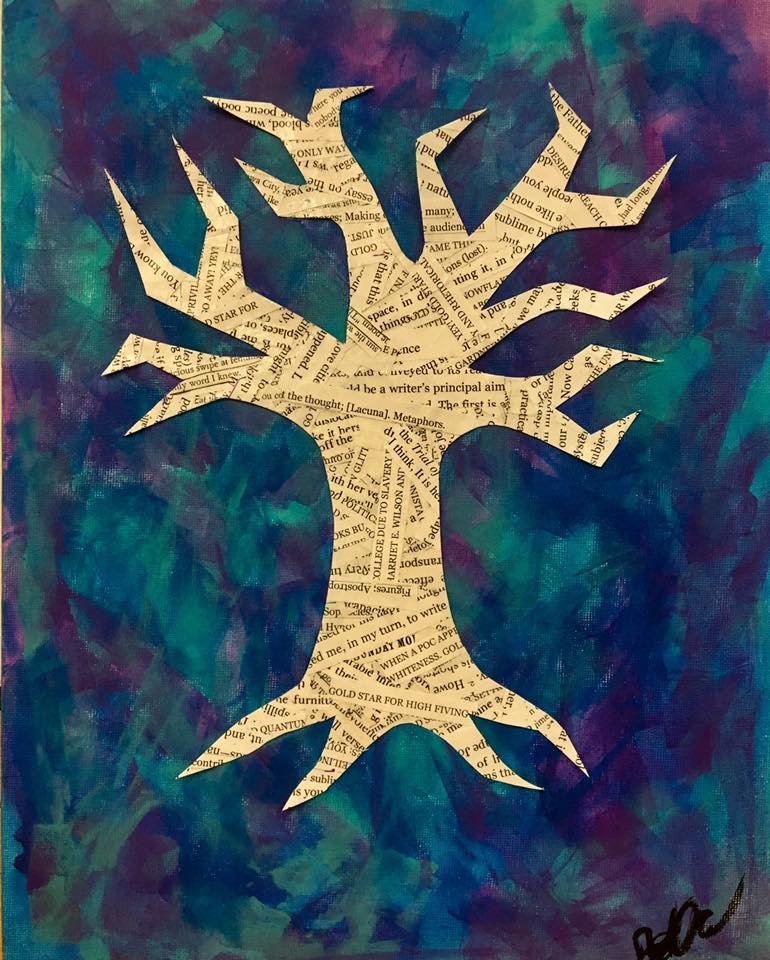
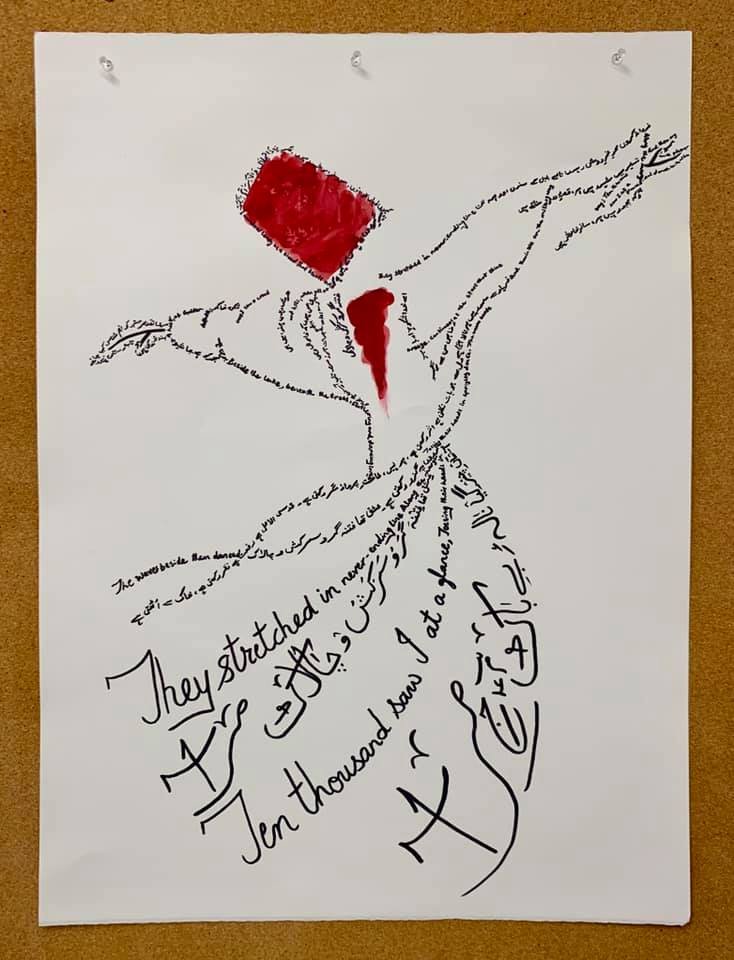
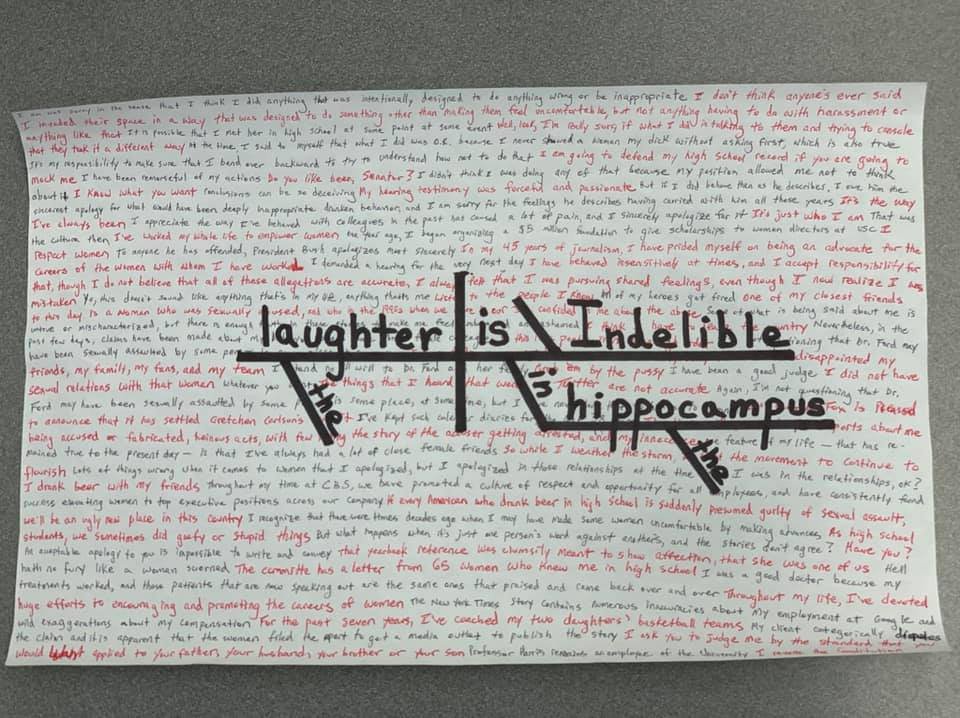
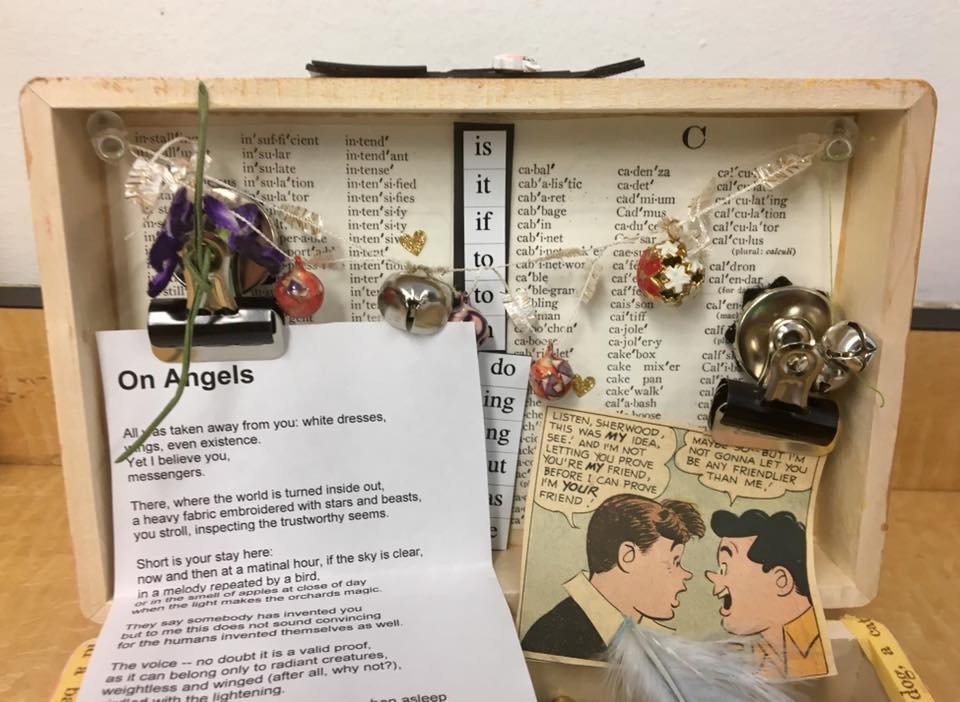
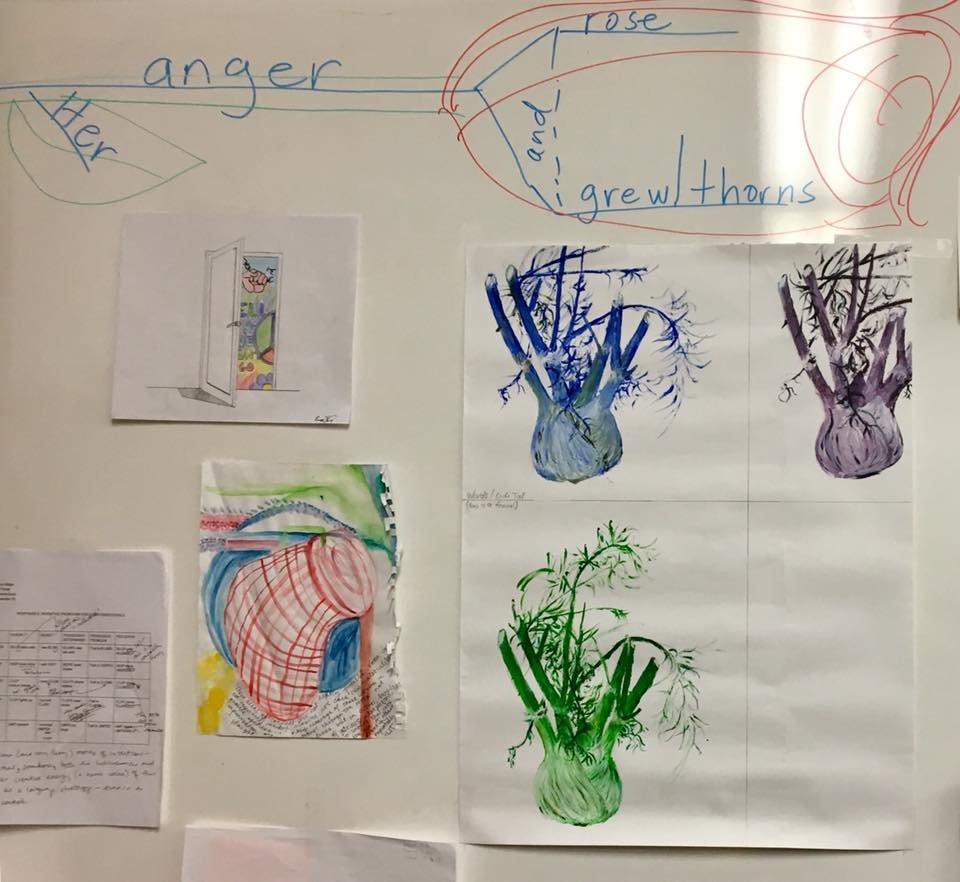
“I always bring up John Cage’s quote, or rather, the advice attributed to John Cage with his approval by the art nun Sister Corita Kent: ‘Nothing is a mistake. There’s no win and no fail. There is only make.’”
To inquire about manuscript consultations, individual poetry tutoring, or workshops in home or school settings, email bkfischer@icloud.com.
Read an interview with BK Fischer in Lumina, where she discusses poetry, motherhood, teaching, and the writing life.